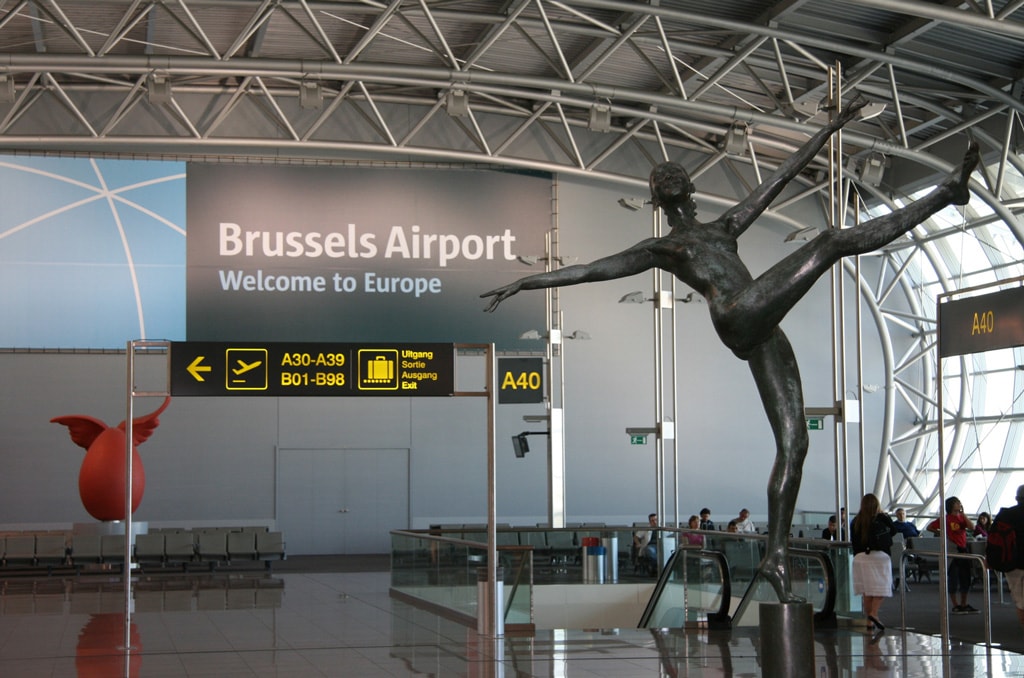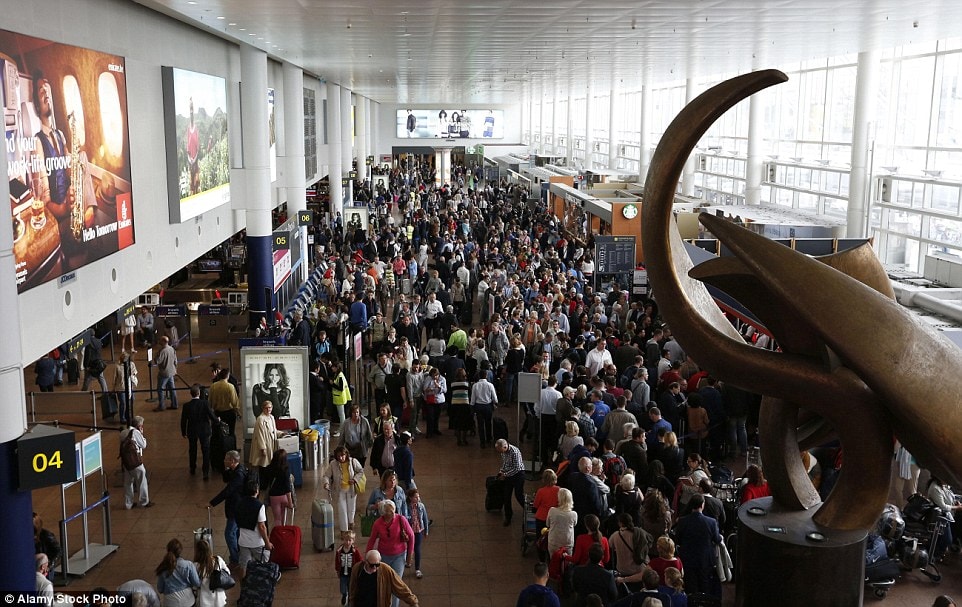Brussels Airport Departure Terminal Reopens: Is Heightened Security the New Normal?
Share

APEX Insight: Brussels Airport departure hall reopened yesterday amid long queues caused by heightened security measures. In the aftermath of the airport bombings, many Western European and North American airports instinctively followed a path of enhanced security with increased patrols and additional checks in terminal buildings. Some security experts call for heightened security as a permanent measure worldwide, while others caution against implementing sweeping security measures.
The departure hall of Brussels Airport reopened yesterday amid severe delays. Passengers faced long lines caused by heavy security. Officials claim additional checks are a temporary measure and advised those traveling to arrive three hours ahead of departure. However, some passengers still complained about missing their flights.
From departure check-in to baggage claim, waiting in line and being searched at an airport ranks among the least enjoyable phases of the passenger experience; nevertheless, it’s accepted by most as a necessary compromise. Since 9/11, traveler-screening technologies have made air travel more secure, but this added security means terrorists are shifting targets. The Brussels terrorist attacks occurred not inside an airplane, but in the check-in hall, before the security checkpoints, placing air travel safety firmly in the spotlight once again.
In the aftermath of the incident, many Western European and North American airports instinctively followed a path of enhanced security with increased patrols and additional checks on those entering terminal buildings. Is this the new normal?
Airports and airlines already spend a significant sum on terminal security measures. Airports Council International Europe, an industry group representing more than 500 airports in 45 European countries, estimates security costs between its member airports run up to $4.8 billion a year. Yet the relative openness of public airport spaces and the minimal security in terminal buildings in western countries contrasts with other parts of the world such as in Africa, Southeast Asia and the Middle East. Some security experts are now calling for heightened security as a permanent measure worldwide.

Matthew Finn, managing director of independent aviation security consultants AUGMENTIQ, told Reuters that he found it bizarre that only half of most terminal buildings are secure, arguing that airports should be secure from the moment travelers arrive at the car park.
In the five years since a similar tragedy occurred at Moscow’s Domodedovo International Airport in 2011, killing 37 people in the pre-security check-in hall, the airport has maintained security checks to enter the public areas of its terminals. Similar security policies are also in place in Turkey, Israel and Kenya – countries that have each experienced terror-related incidents in recent years.
But other industry observers have urged against knee-jerk responses. Speaking to The National shortly after the Brussels attacks, Ben Vogel, editor of IHS Jane’s Airport Review, cautioned against implementing sweeping security measures, which he thinks could slow down the operational pace of airports and cause economic damage by hindering the flow of people and goods. “That in itself would be a kind of victory for terrorism,” he says.


